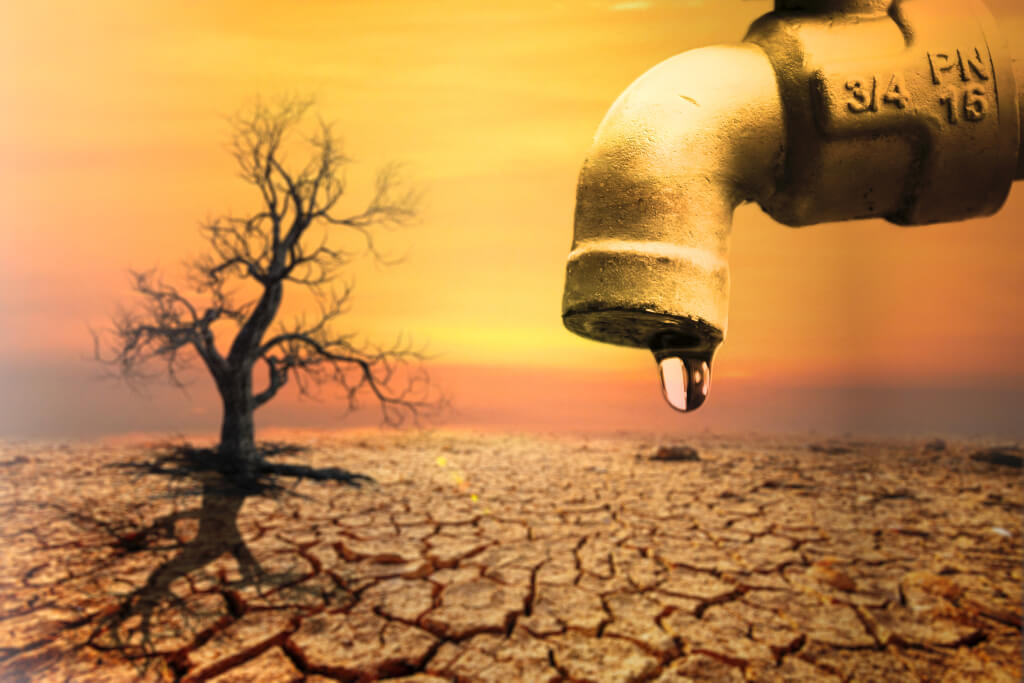The provision of essential municipal services such as water and electricity is not just a matter of convenience; it’s a fundamental right. These services are essential for daily life, and they play a crucial role in improving the quality of life for all citizens, especially those in low-income households. In this comprehensive guide, we will delve deep into the details of accessing these vital municipal services at no cost, ensuring that you are well informed and empowered to make the most of your entitlements.
Qualifying for Free Basic Municipal Services
Before we dive into the specifics of how to access free basic municipal services, let’s first understand the eligibility criteria. These criteria are put in place to ensure that those in genuine need receive the assistance they require.
To qualify for free basic municipal services, your household must meet certain criteria. The determination of eligibility is made by your local municipality, and it primarily hinges on the level of need within your household. It’s important to remember that not all households automatically qualify, as the assessment process takes into account various factors.
One critical point to note is that households with outstanding balances on their municipal accounts may not be eligible to apply for these services. If you have any pending bills or debts with your municipality, it’s advisable to settle them before applying for free basic services.
The level of subsidy provided to each eligible household varies and is at the discretion of the municipality. Subsidy levels are determined based on your specific circumstances, including your income, family size, and any other relevant factors. It’s important to understand that the subsidy you receive may differ from that of your neighbors or friends, as it is tailored to your unique situation.
To ensure that the subsidy levels are accurate and up-to-date, registered residents are typically required to reapply for free basic municipal services every six months. This reapplication process is crucial because households’ circumstances can change over time, and it ensures that those who genuinely need the support continue to receive it.
The threshold amount that defines low-income households is adjusted annually by the Consumer Price Index (CPI). This adjustment is made to keep pace with inflation and changes in the cost of living. It’s important to stay informed about these annual adjustments to understand your eligibility status.
Accessing Free Basic Water Supply
Water is a basic necessity, and the South African government recognizes this by providing every household with a free basic water supply. This allocation is a lifeline for many households and plays a crucial role in ensuring access to clean and safe drinking water.
Allocation Amount
As of the current guidelines, each household is entitled to a free basic water supply of 6 kiloliters (6,000 liters) per month. However, it’s important to note that the exact allocation may vary from one municipality to another. To get the most up-to-date information on the free basic water service provided by your local municipality, it’s best to contact them directly.
Monitoring Your Water Usage
Managing your water consumption within the allocated amount is essential to avoid incurring additional charges. To do this effectively, it’s advisable to monitor your water usage regularly. Many households receive monthly water bills, which include details of their water consumption. By keeping an eye on your water usage, you can make necessary adjustments to stay within your quota.
Water Conservation Tips
In addition to monitoring your water usage, implementing water conservation practices can help you make the most of your free basic water supply. Simple steps like fixing leaks, using water-saving appliances, and being mindful of unnecessary water wastage can contribute to long-term savings on your water bill.
Emergency Water Services
In cases of emergencies, such as water supply interruptions or leaks, it’s important to know how to access emergency water services. Most municipalities have established protocols to provide temporary water supply in such situations. Familiarize yourself with your municipality’s emergency water services to ensure that you have access to water when you need it most.
Accessing Free Basic Electricity
Electricity is another essential service that every household deserves access to. Through the grid-energy system, the South African government ensures that each home is allocated a basic allowance of free electricity.
As of the current guidelines, every home is entitled to 50 kilowatt-hours (kWh) of free basic electricity every month. This allocation is designed to cover essential needs such as lighting, heating water, ironing, and running basic appliances like a small television and radio.
For households with pre-paid electricity meters, tracking your power usage is straightforward. Pre-paid meters allow you to monitor your electricity consumption in real-time, providing you with valuable insights into your usage patterns. This helps you stay within your limits and avoid extra charges.
On the other hand, households with conventional or credit meters won’t have the luxury of real-time monitoring. Instead, the municipality will send them a monthly bill for any electricity consumption beyond the free allocation. It’s important to keep an eye on your electricity usage and budget accordingly to ensure that you stay within your limits.
Access to essential municipal services such as water and electricity is not just a privilege; it’s a fundamental right for all South African citizens, especially for those in low-income households. By understanding the eligibility criteria, allocation amounts, and the application process, you can ensure that you receive these services without incurring unnecessary costs.
Remember that these services are designed to improve the quality of life and alleviate the financial burden on households in need. Therefore, it’s essential to stay informed about the specific offerings and guidelines established by your local municipality. By doing so, you can navigate the system and access these vital services while staying within your budget.




